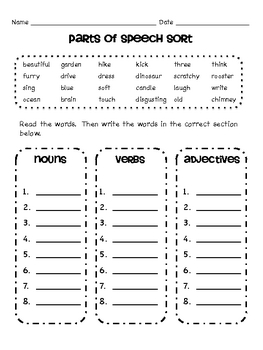
I did notice that dictionaries list these words as adverbs.

Just for my purposes of labelling the words in my language, I just invented a term that I think fits their role in the sentence: meta-modifier. adjectives and adverbs, as can be seen in the following example sentences.Īll of the extremely smart girls will very quietly figure out a quite clever solution.

However, I noticed that these words do work when they modify modifiers, i.e. (Some of the words do have several meanings where they can be other parts of speech,Īre you really going to lick that ice cream off of the floor?īut I am disregarding those other meanings.) (A similar experiment could be used to eliminate parts of speech which more obviously do not fit, such as prepositions, demonstratives, articles, conjunctions, and so on.) Thus, this set of words does not seem to fit any of the main part of speech roles. ( Extremely does not work as an adjective) If any of those parts of speech is replaced by a word like very, extremely, etc., the sentence does not seem to be grammatical.

To demonstrate this, here is an example sentence with a noun, an adjective, a verb, and an adverb: While working on developing the lexicon in one of my constructed languages, I encountered a slight difficulty in using standard classifications for words like very, extremely, really, and quite.


 0 kommentar(er)
0 kommentar(er)
